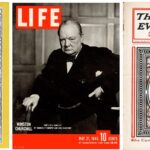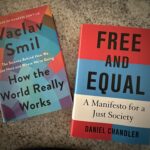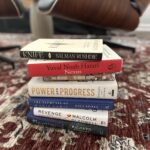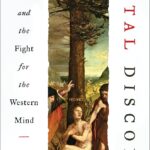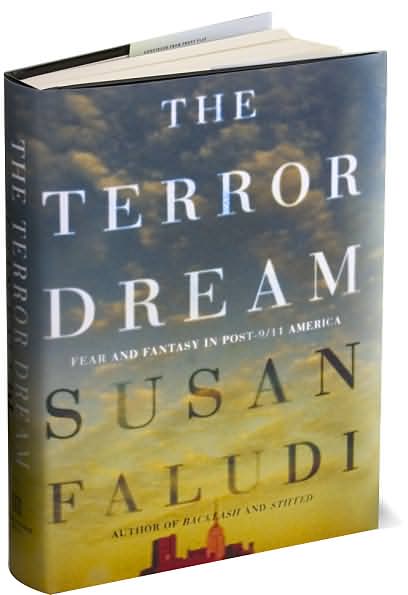
Why do we do this? From Susan Faludi’s Web site: “The answer, Faludi finds, lies in a historical anomaly unique to the American experience: the nation that in recent memory has been least vulnerable to domestic attack is also a nation haunted by a centuries-long trauma of assault on its home soil. For nearly two hundred years, our central drama was not the invincibility of our frontiersmen but their inability to repel invasions of non-Christian, nonwhite “barbarians” from the homestead door. To conceal the insecurity bred by those attacks, American culture would generate an ironclad countermyth of cowboy swagger and feminine frailty, which has been reanimated whenever the nation feels threatened. On September 11, Americans were once again returned to an experience of homeland terror and humiliation. And, once again, they fled from self-knowledge and retreated into myth.”
It’s strong cultural criticism to be sure. But when the stakes are so high, I don’t think leaders and citizens alike should fear anything that might surface from some strong self-examination.
Postscript: The New York Times has a critical review of Faludi’s book that suggests readers take the author’s points into some perspective. The reviewer makes some good points that Faludi tends to downplay some evidence that might not fit her arguments. Michiko Kakutani writes, “Ms. Faludi asserts that the 9/11 widows “the media liked best†were the fragile, dependent ones, “who accepted that their ‘job’ now was to devote themselves to their families and the memory of their dead husbands.†But even she has to acknowledge that the so-called “Jersey Girls†(Kristen Breitweiser, Mindy Kleinberg, Patty Casazza, and Lorie van Auken) played “an essential role in forcing the creation of the independent 9/11 Commission,†and helped strong-arm “top White House officials into testifying before the commission.—


